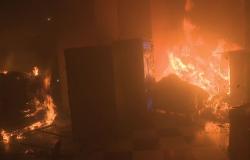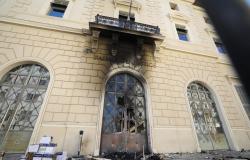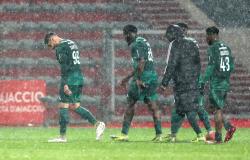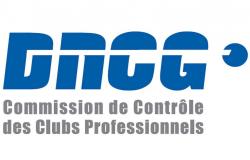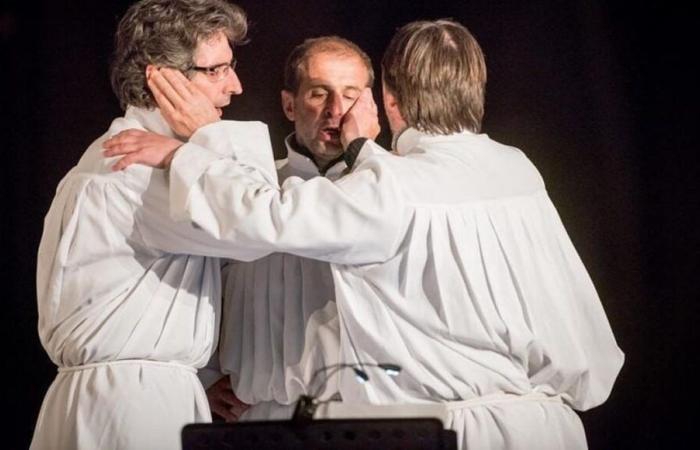
loading
Organized by the Catholic Church of Corsica at the Campo dell'Oro hotel in Ajaccio, this event of exceptional scale will culminate with the intervention of Pope Francis this Sunday, December 15. Among the participants, eminent figures from the ecclesiastical world, such as Mgr Brouwet, bishop of Nîmes, Mgr Carboni, archbishop of Oristano in Sardinia, Mgr Peri, bishop of Caltagirone in Sicily, and Mgr Ferrer, vicar general of Toledo in Spain . Alongside them, renowned academics such as Anghjulina Antonetti, specialist in the relationship between religion and secularism in Corsica, and Serena Talamoni, expert in the links between the sacred and politics. Together, they will explore the richness and challenges of Mediterranean popular piety, a tradition anchored in local societies but constantly evolving.
Brotherhoods, between heritage and modernity
Jean-Charles Adami, colleague and teacher of Corsican language and culture, will also speak on Saturday around the question “why get involved in brotherhoods?” Guest of RCFM, he underlined the key role of brotherhoods in Corsican and Mediterranean society. “The brotherhoods are not relics of the past, but living structures which serve as a bridge between the established Church and society. They allow the Church to anchor itself deep within the social fabric”he explains. With nearly 3,000 colleagues and more than a hundred active brotherhoods in Corsica, their vitality is astonishing. “ For a long time, their appeal was seen as linked to the question of identity. But today, we are seeing something else, particularly among young people: a real spiritual enthusiasm. This challenges us and confronts us with a responsibility, that of accompanying this faith which is reawakening”adds Jean-Charles Adami. This phenomenon is also accompanied by a change in the composition of the brotherhoods, with a progressive feminization. “There are more and more women and young women getting involved in it. This reflects a new movement and a growing spiritual vitality”he notes.
Corsica at the Mediterranean crossroads
Jean-Charles Adami also recalled the importance of reconnecting with the island's Mediterranean roots. “Sometimes we forget that Corsica is in the heart of the Western Mediterranean. Our identity finds its origins in these exchanges which have built us, and it is essential to revive these links, which we have perhaps neglected during the last decades, even the last centuries. Finally, he sees in popular piety a means of responding to modern challenges. « These traditions allow us to recreate strong communities in a society marked by individualism and dispersion. They offer an alternative to this strange modernity which sometimes values selfishness ».
Pope Francis, who will conclude the conference on Sunday, is expected to discuss these themes. “I believe he has great sensitivity to the community and dynamic dimension of popular piety. The Mediterranean is a very special melting pot, because there we find three continents, three monotheistic religions and all kinds of civilizations that built us. We are the heirs of all this and at the same time, we have a present and a future to create »concludes Jean-Charles Adami.
loading

